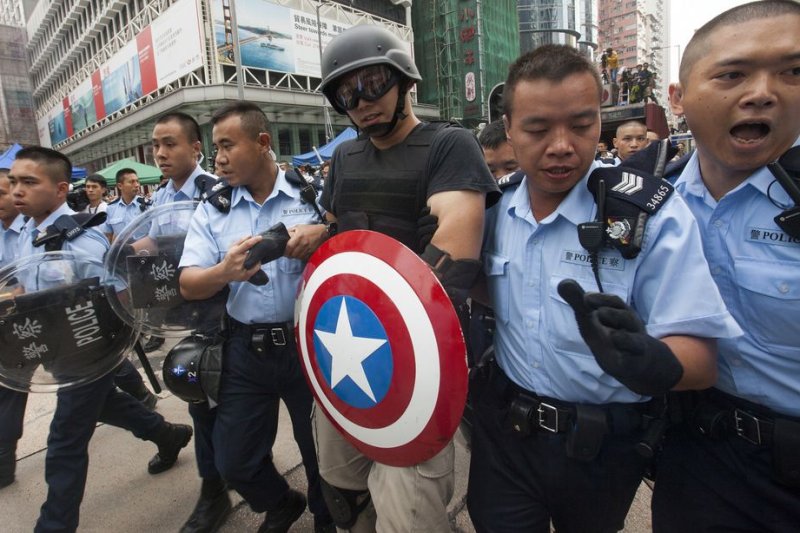M.A. Jacquemain
Tue, October 26, 2021

New research has found that all nations analyzed exceed the lifestyle carbon footprint required to avert the climate crisis. The report warned of the need for a precipitous reduction in the global carbon footprint and called for changes at the personal and systemic levels.
The research, 1.5 Degree Lifestyles report, analyzed the lifestyle carbon footprint of nine G20 countries, including Canada. Examining domestic habits in six areas, including food, housing, transport, and leisure, the research determined the reductions necessary to align with the 1.5°C warming increase target outlined in the Paris Agreement.
An update to many climate narratives and modelling scenarios that focus largely on “developing new technologies” and “changes in production,” the report begins to fill the gap of knowledge concerning “the potential contributions of lifestyle changes to climate change mitigation.”
These changes, according to the report, present serious challenges.
“Talking about lifestyle changes is a hot-potato issue to policymakers who are afraid to threaten the lifestyles of voters,” stated Dr. Lewis Akenji, the lead author of the report. “This report brings a science based approach and shows that without addressing lifestyles we will not be able to address climate change.”

A pipeline at an oil lease site in Alberta, Canada. (wolv/ E+/ Getty Images)
One important finding determined that the gap between targets and current lifestyles means that footprints in the higher income nations will have to be reduced by 90–95 per cent by 2050.
Of note was the disparity between lifestyle carbon footprints in higher income and lower income nations. The analysis highlighted that the top 10 per cent of wealthiest and highest emitting individuals account for as much as 49 per cent of the emissions total, globally. Conversely, a full half of the world population, generally the poorest, emit less than 15 per cent of the global total.
Such findings are discussed using a new concept called “Fair Consumption Space”—“an ecologically healthy perimeter that supports within it an equitable distribution of resources and opportunities for individuals and societies to fulfil their needs and achieve wellbeing.”
The concept promotes a reduction of the environmentally sustainable overconsumption of wealthier countries in concert with an increase in consumption to mitigate the socially unsustainable conditions in poorer nations.
“The report asks the question: in order to stay within limited global temperature rise, how do we distribute the remaining and shrinking carbon budget in a fair manner that allows everyone equitable opportunities for a life of dignity?”
These recommendations would have particular ramifications on lifestyles in Canada, which was determined to have by far the highest lifestyle footprint of all nations analyzed. The per capita emissions of the average Canadian was found to be fully six times greater than the average person in Indonesia, three times that of Chinese or South African citizens, and not quite double the footprint of someone from the UK.

vessels carrying garbage in london UK
(Matt Mawson/ Moment/ Getty Images)
Canadians had the highest footprint in all the domains investigated, with particularly high levels of personal transport, meat consumption, and housing.
“The effects of the climate crisis are a human health issue, they impact communities across Canada,” Idil Boran, Associate Professor of Philosophy, Dahdaleh Institute for Global Health Research, York University told The Weather Network.
“Canada has an opportunity to lead a climate-smart transformation. With the Glasgow Climate Conference COP26 around the corner, there is an opportunity to take accelerated action on these issues now,” Boran added.
While addressing these emissions excesses poses both social and political challenges—Canada would be required to reduce its lifestyle carbon footprint 85 per cent by 2030 to keep in line with climate targets—the report offered scenarios for achieving climate targets within a Fair Consumption Space.
The report explores ideas like carbon rationing, universal basic services, and choice editing—in which governments would “set standards to filter out unsuitable products and services” from the market. Nevertheless, the authors caution that “failing to shift the lifestyles of nearly eight billion human beings means we can never effectively reduce emissions or successfully address our global climate crisis.”
“Accelerated action requires a ‘whole of society approach,’ with efforts at all levels,” Boran told TWN. “It requires a change of mindset, and a new approach to our relationship with nature.”
Thumbnail credit: Wei Fang/ Moment/ Getty Images
Canadians had the highest footprint in all the domains investigated, with particularly high levels of personal transport, meat consumption, and housing.
“The effects of the climate crisis are a human health issue, they impact communities across Canada,” Idil Boran, Associate Professor of Philosophy, Dahdaleh Institute for Global Health Research, York University told The Weather Network.
“Canada has an opportunity to lead a climate-smart transformation. With the Glasgow Climate Conference COP26 around the corner, there is an opportunity to take accelerated action on these issues now,” Boran added.
While addressing these emissions excesses poses both social and political challenges—Canada would be required to reduce its lifestyle carbon footprint 85 per cent by 2030 to keep in line with climate targets—the report offered scenarios for achieving climate targets within a Fair Consumption Space.
The report explores ideas like carbon rationing, universal basic services, and choice editing—in which governments would “set standards to filter out unsuitable products and services” from the market. Nevertheless, the authors caution that “failing to shift the lifestyles of nearly eight billion human beings means we can never effectively reduce emissions or successfully address our global climate crisis.”
“Accelerated action requires a ‘whole of society approach,’ with efforts at all levels,” Boran told TWN. “It requires a change of mindset, and a new approach to our relationship with nature.”
Thumbnail credit: Wei Fang/ Moment/ Getty Images















